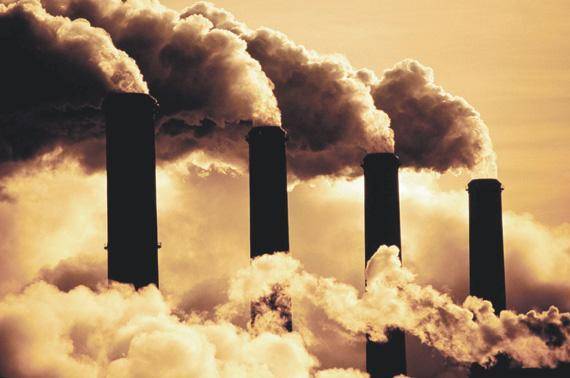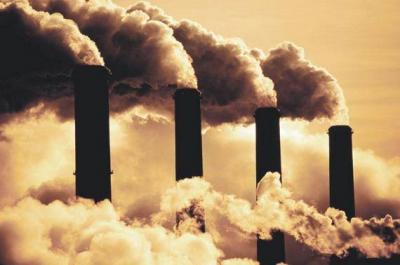The United Nations and researchers stated today that global fossil fuel production is expected to exceed more than double the levels deemed compatible with achieving the climate goals outlined in the 2015 Paris Agreement by 2030. This report from the United Nations Environment Programme, which assesses the gap in fossil fuel production reductions and what is required to meet climate objectives, comes ahead of the global climate conference (COP28) starting on November 30 in the United Arab Emirates.
Blaue Ashakoulisot, a scientist at the Stockholm Environment Institute and a lead author of the report, noted in a press statement, "Phasing out fossil fuels is one of the key issues that will be negotiated at the twenty-eighth Conference of the Parties (COP28)." She added, "We need countries to commit to phasing out all types of fossil fuels to maintain the 1.5-degree Celsius target."
Under the Paris Agreement, countries are committed to a long-term goal of limiting the average global temperature increase to below two degrees Celsius above pre-industrial levels and striving to limit it further to 1.5 degrees Celsius.
The report analyzed the plans of the twenty largest fossil fuel producers and found that they collectively plan to produce fossil fuel types in 2030 that exceed by 110 percent what is consistent with limiting the planet's temperature increase to 1.5 degrees Celsius, and 69 percent more than what aligns with two degrees Celsius.
It mentioned that 17 of these countries have pledged to achieve net zero emissions, but most continue to encourage, support, and plan for the expansion of fossil fuel production. The report indicated that the twenty countries analyzed represent 82 percent of global fossil fuel production and 73 percent of consumption, including Australia, China, Norway, Qatar, the UK, the UAE, and the United States.




